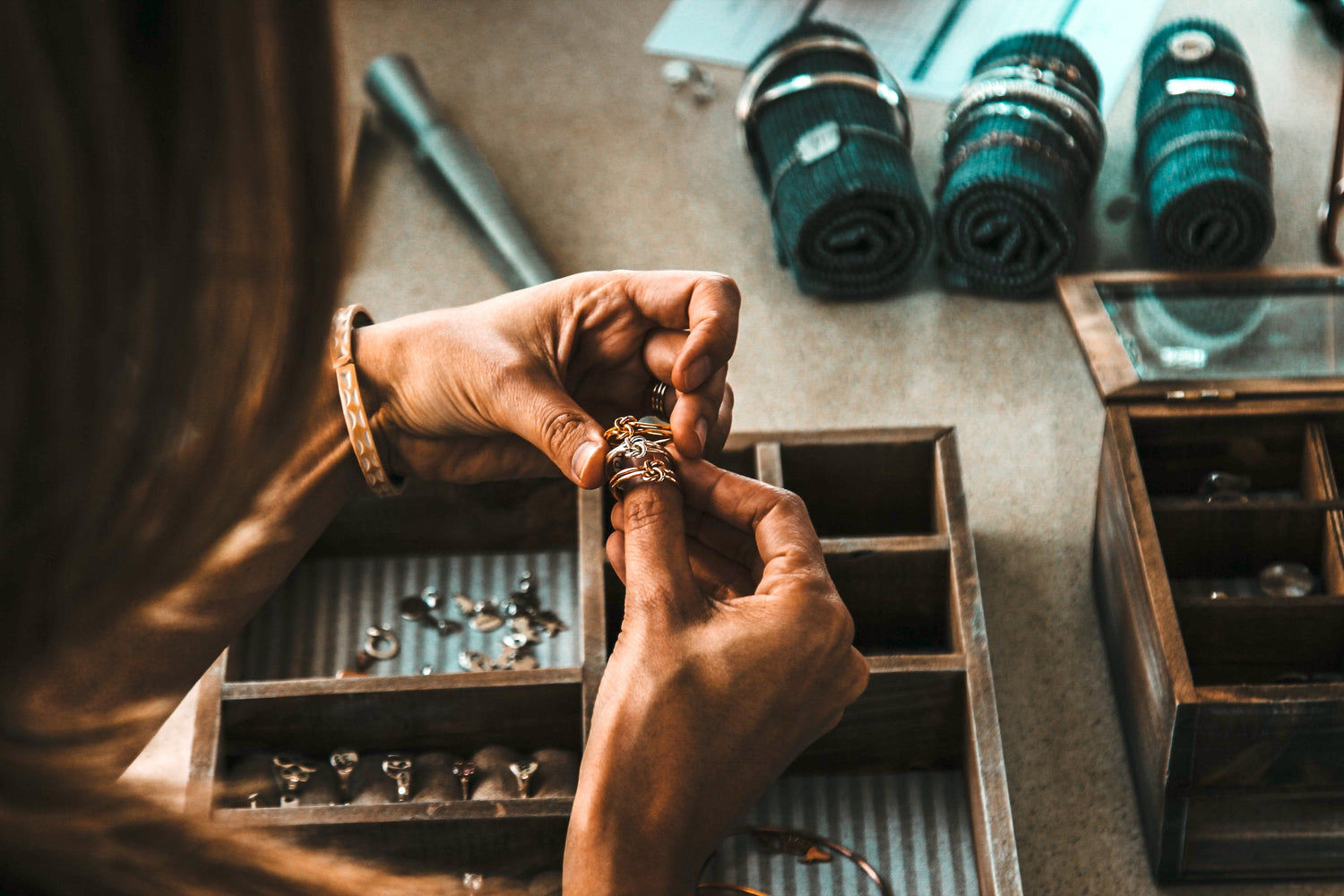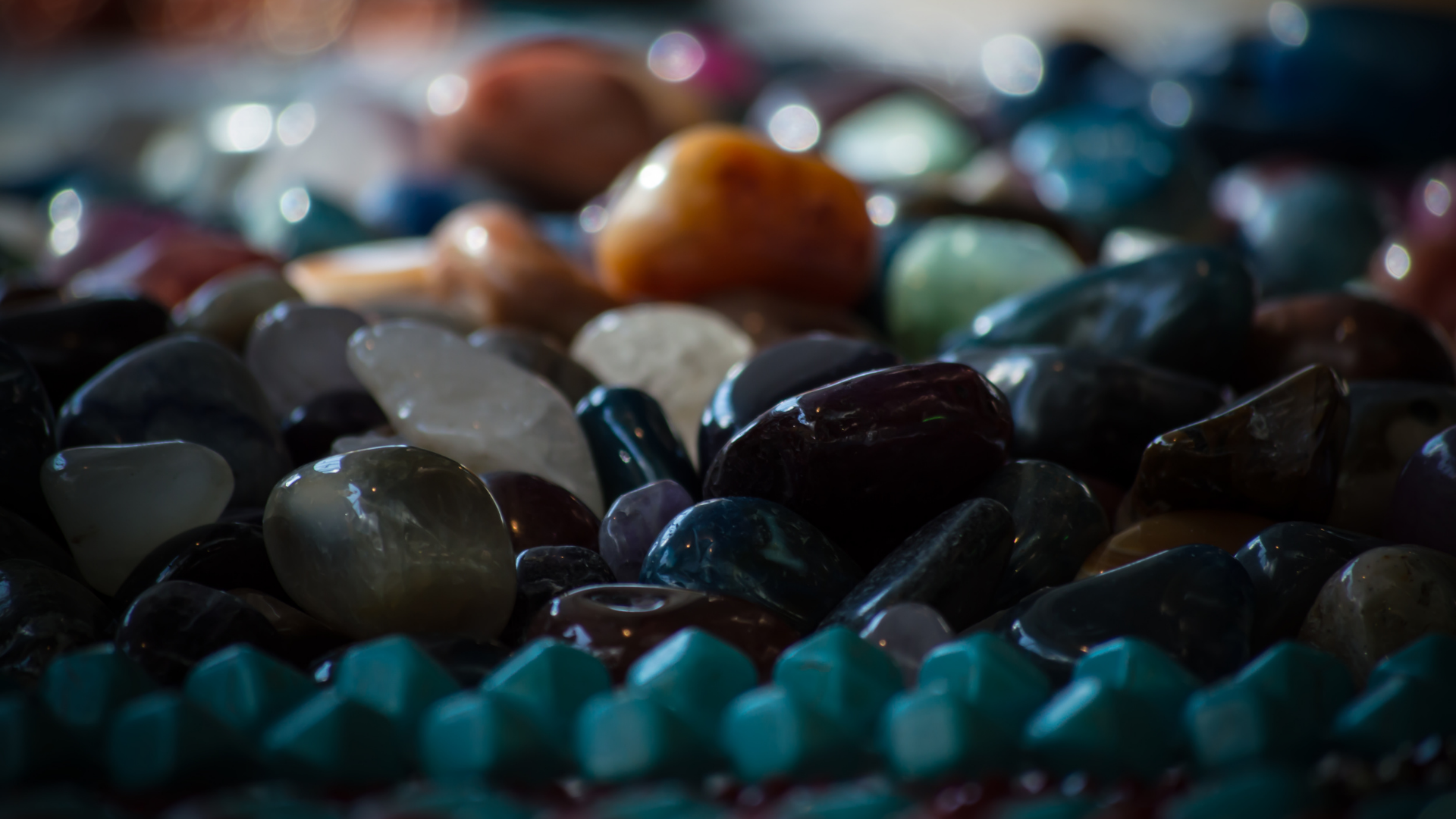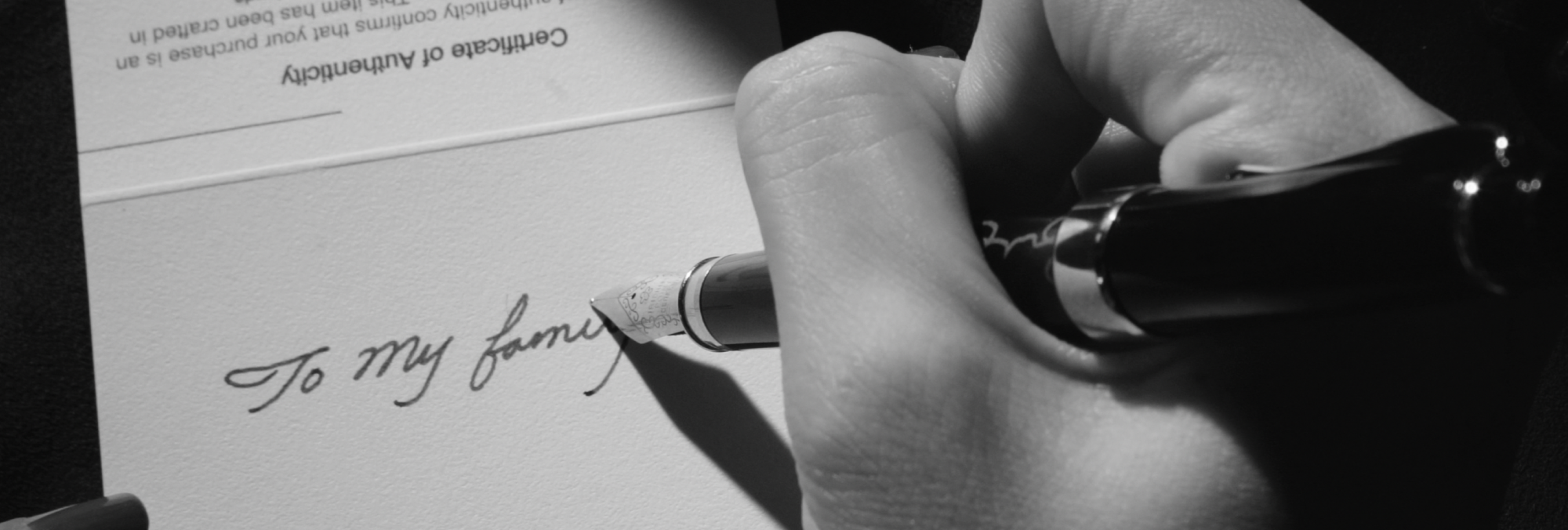Everyone loves clean Jewelry. Who wouldn't want their fabulous accessories to look brand new? Getting it professionally cleaned can be pricey, so you'll need to know how to clean Jewelry at home. There's a long list of ways to clean Jewelry at home. Keep reading to find out the best way to clean Jewelry and protecting it from getting filthy, whether it's lean turquoise jewellery or an expensive gold chain; we'll tell you everything you need to know. Just remember that different metals have their own cleaning tips. So, take out that old ring you stopped wearing because of the tarnish, and we'll show you how to make it look as good as new.
#1 Clean Jewelry: clean gold jewellery at home
Gold is relatively easy to clean, but it can also get scratched easily. Follow the steps below for the best and safest method to obtain gold clean Jewelry:
-
Fill up a bowl
For the best way to clean Jewelry, first, fill up a bowl with water. The size depends on the size and quantity of your Jewelry. Place all your gold jewellery here.
-
Leave Jewelry to soak
After this, you'll have to let the Jewelry get wet in every crevice. To do this, leave the Jewelry to soak in the bowl of water for a few minutes.
-
Scrub with a soft brush
Remove the Jewelry and begin scrubbing it with a soft brush. This will remove the tarnish and give you clean Jewelry. Scrub until all the tarnish has vanished.
-
Rinse and dry
Lastly, rinse the Jewelry under water to remove the debris and leave it out to dry. Now you know how to clean Jewelry at home, you're ready to rock it as if you bought it yesterday.

#2 Clean Jewelry: clean silver jewellery at home
Silver is a soft and lustrous metal. This means that you will need to be gentle while cleaning it to avoid any mishaps. Here's how to clean it.
-
Add a few drops of liquid dish soap to warm water.
Warm water will remove the tarnish, and dish soap will be the medium that helps scrub it off.
-
Soak Jewelry
Your silver needs to be soaked to obtain clean Jewelry so let it soak in the soapy water for a few minutes.
-
Toothbrush to clean any crevices.
Next, scrub each piece very gently. You can use a toothbrush for more pressure control, and it'll help you get into every crevice. Scrub until all the tarnish is gone.
-
Rinse and dry
Lastly, rinse and dry your Jewelry, and it's ready to wear.

#3 Clean Jewelry: clean Jewelry with a gemstone at home
Organic gemstones are beautiful, but there's a catch- they're extremely sensitive. Here's how you can clean them with no damage:
-
A bowl of water with a few drops of ordinary dish detergent
First, you'll need a bowl of water mixed with dish soap. You'll use this to soak the Jewelry but not for too long.
-
Using an old soft toothbrush, scrub gently
Make sure you use a soft and old toothbrush so that it doesn't harm the delicate stone and scrub all the dirt away.
-
Rinse and pat dry with a soft cloth
Once it's spotless, rinse and pat it dry with a cloth to reveal clean Jewelry.

#4 Clean Jewelry: clean pearls at home
You'll need ways to clean Jewelry when it comes to pearls because they can lose their lustre quickly. Regardless of whether they're real, cultured or faux, you must never scrub and clean them carefully. Here's how:
-
Submerge your pearls in a simple mixture of warm water and mild soap 10-15 minutes
This will give them enough time to soak and break down dirt.
-
Remove the pearls
Take them out together, so none spend extra time submerged.
-
Rinse in a bowl of clean water
Remove the residue by placing them in clean water.
-
Set the pearls on a dry microfiber cloth
Place them on this cloth, so they dry faster.

#5 Clean Jewelry: things not to do when cleaning
-
Never clean opals, pearls or any other organic gems in harsh cleaning solutions
Organic gems are delicate and harsh solutions can cause them to decompose.
-
Avoid ammonia
It can damage your metal and make fractures in your gems, making them look cloudy.
-
Avoid boiling water
Some stones and metals are delicate, and a high temperature can cause them to wear.
-
Avoid bleach
The chlorine in bleach destroys metals and even dissolves some.
#6 Clean Jewelry: why types of metals will be tarnished
-
silver
Unfortunately, you can count on silver jewelry to tarnish. Almost all silver jewelry is actually a blend of metals, rather than being pure silver. This has a lot of benefits, but it also means the other metals blended with the silver (usually copper) will react with the air and your skin. This can either cause your sterling silver to tarnish, or it can make your skin turn green.
-
gold
Solid gold jewelry doesn’t tarnish, but pieces that have gold plating, gold fill, or gold vermeil can. That’s because eventually that gold veneer will chip away, leaving the base metal underneath exposed. When that happens, you’re likely to see tarnis
-
copper
copper is a common culprit for tarnished jewelry. You don’t often see jewelry made entirely out of copper, but it’s common to mix other metals with copper to make it stronger, or to change the color of the metal. When exposed to your skin’s oils and to the air, it often oxidizes, leading to discoloration on the jewelry and on your skin. If you’ve ever noticed your finger turning green after a day of wearing a ring, that's why.
-
Silver
Unfortunately, you can count on silver jewelry to tarnish. Almost all silver jewelry is actually a blend of metals, rather than being pure silver. This has a lot of benefits, but it also means the other metals blended with the silver (usually copper) will react with the air and your skin. This can either cause your sterling silver to tarnish, or it can make your skin turn green.
-
Gold
Solid gold jewelry doesn’t tarnish, but pieces that have gold plating, gold fill, or gold vermeil can. That’s because eventually that gold veneer will chip away, leaving the base metal underneath exposed. When that happens, you’re likely to see tarnish.
-
Copper
Copper is a common culprit for tarnished jewelry. You don’t often see jewelry made entirely out of copper, but it’s common to mix other metals with copper to make it stronger, or to change the color of the metal. When exposed to your skin’s oils and to the air, it often oxidizes, leading to discoloration on the jewelry and on your skin. If you’ve ever noticed your finger turning green after a day of wearing a ring, that's why.
#7 Clean Jewelry: Tarnish-Proof Metals
If this all sounds like a lot of hassle, you don’t have to forego jewelry entirely. Just look for pieces made out of tarnish-proof metals.
- Platinum
- Stainless steel
- Titanium
- Tungsten
- Palladium
- Ceramic
- Cobalt
These all come in a wide variety of colors, so you don’t have to forego the aesthetic of gold and silver metals if you don’t want to. I have a few stainless steel rings that easily pass as sterling silver when they’re freshly polished. The lesson is, no matter what metals you choose to wear, take care of your pieces and they’ll take care of you.



